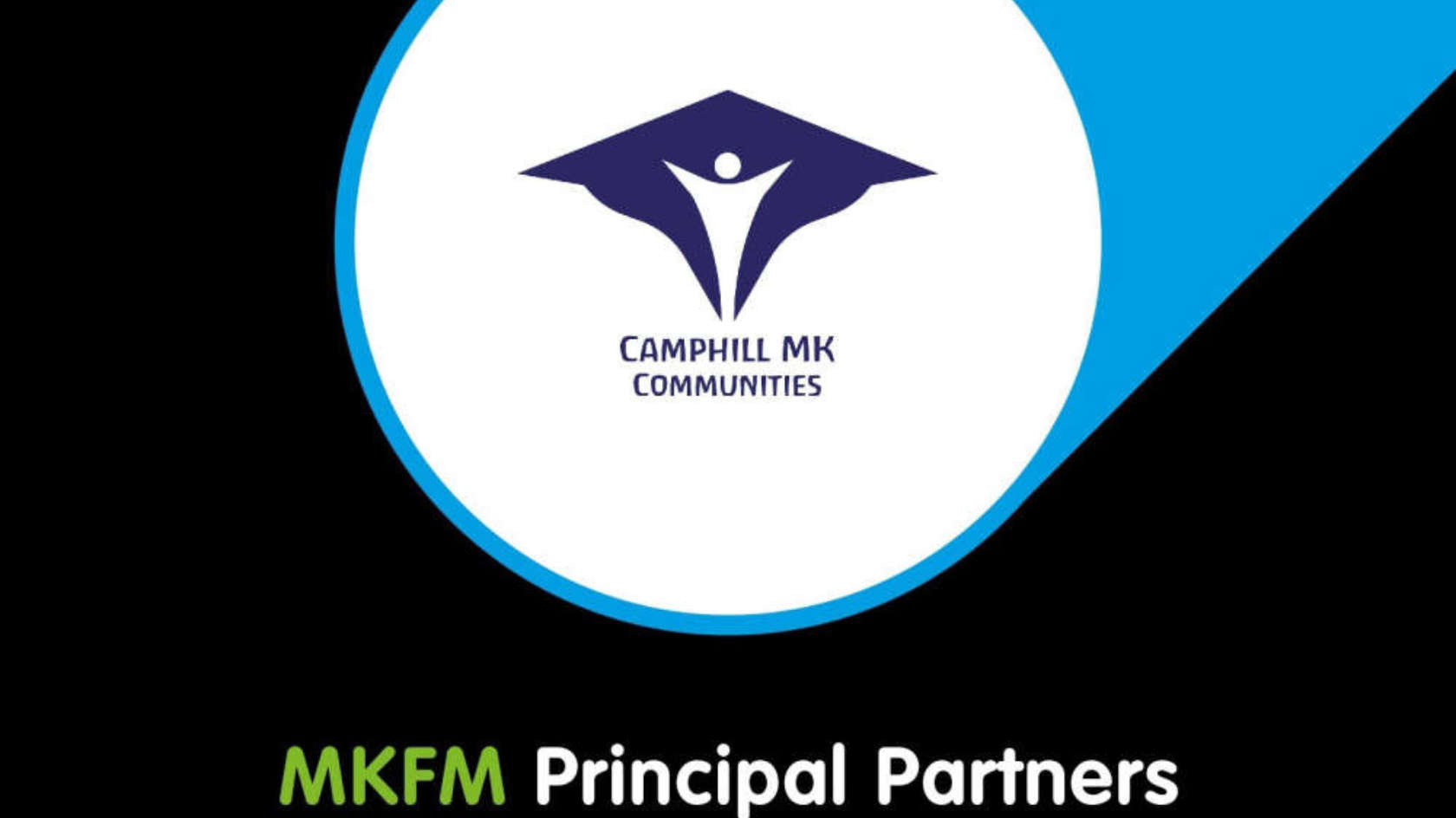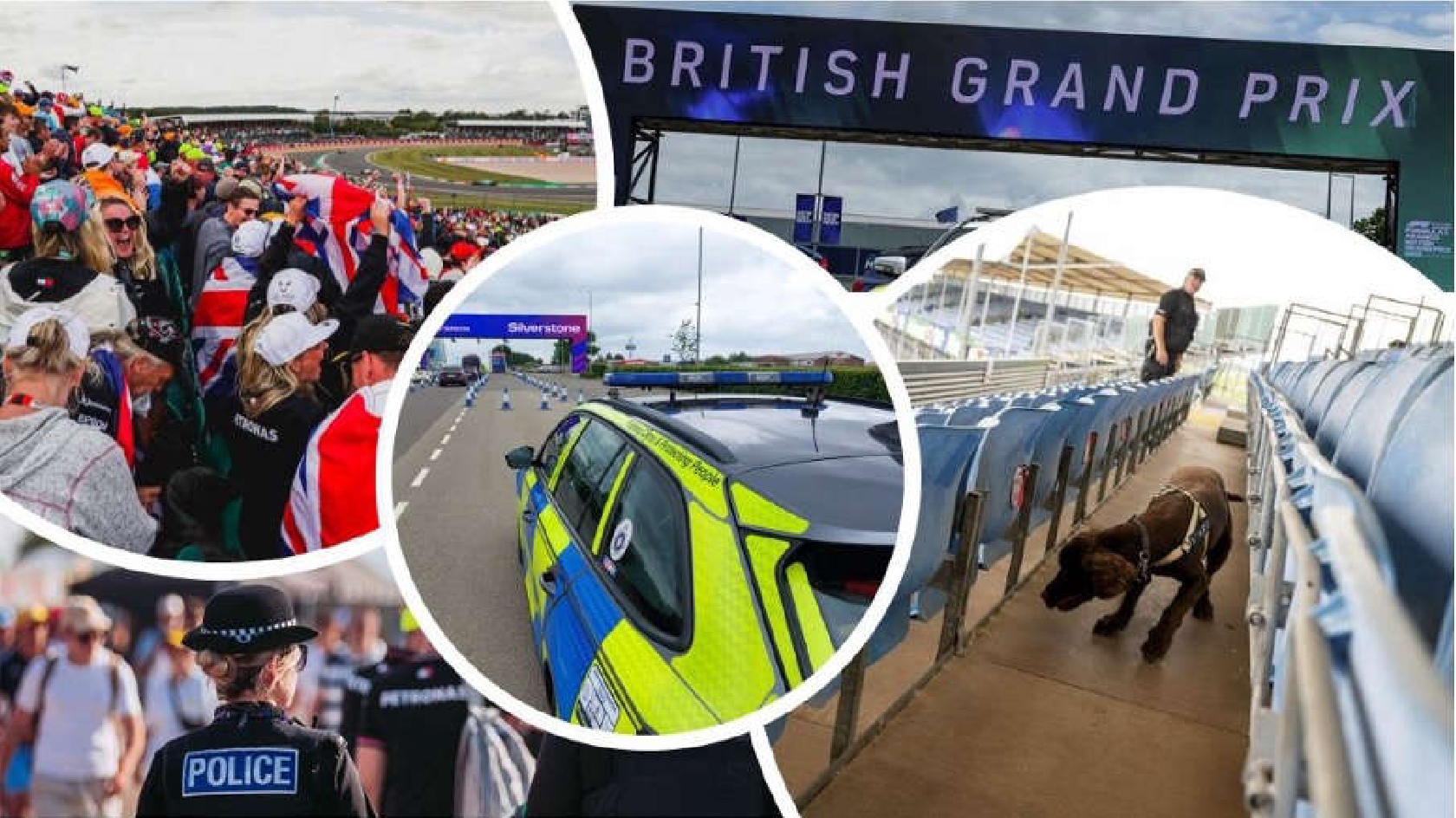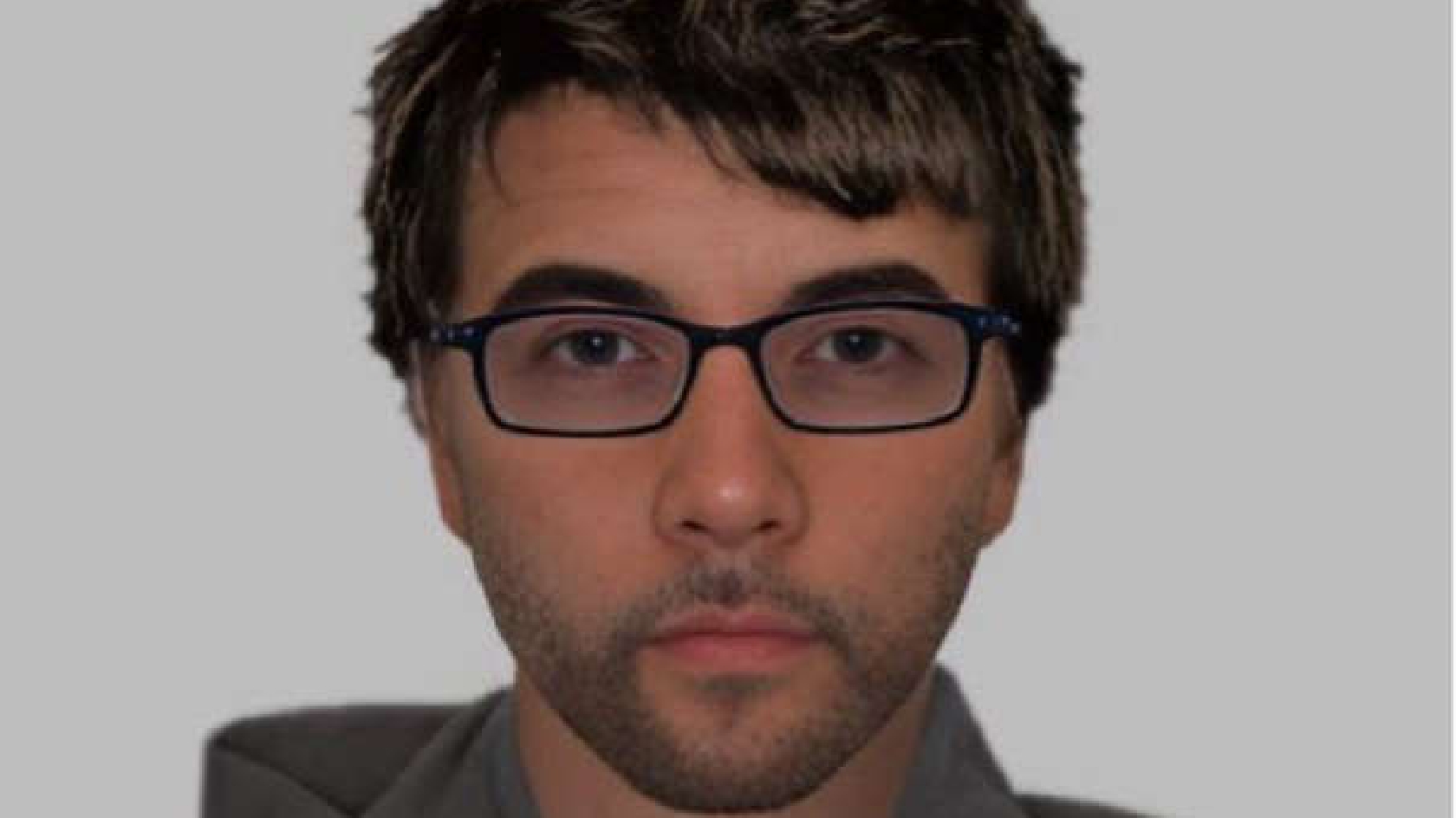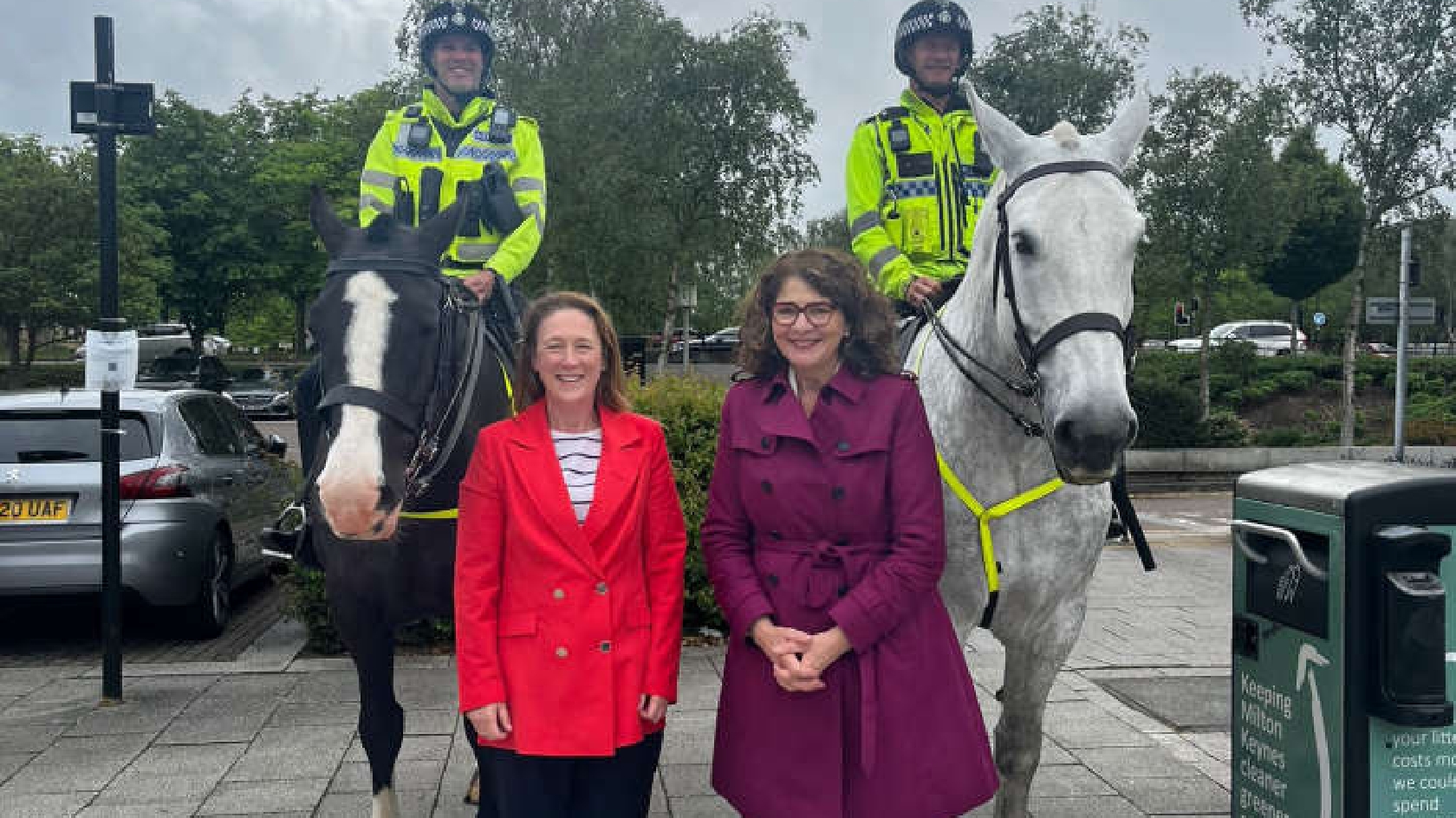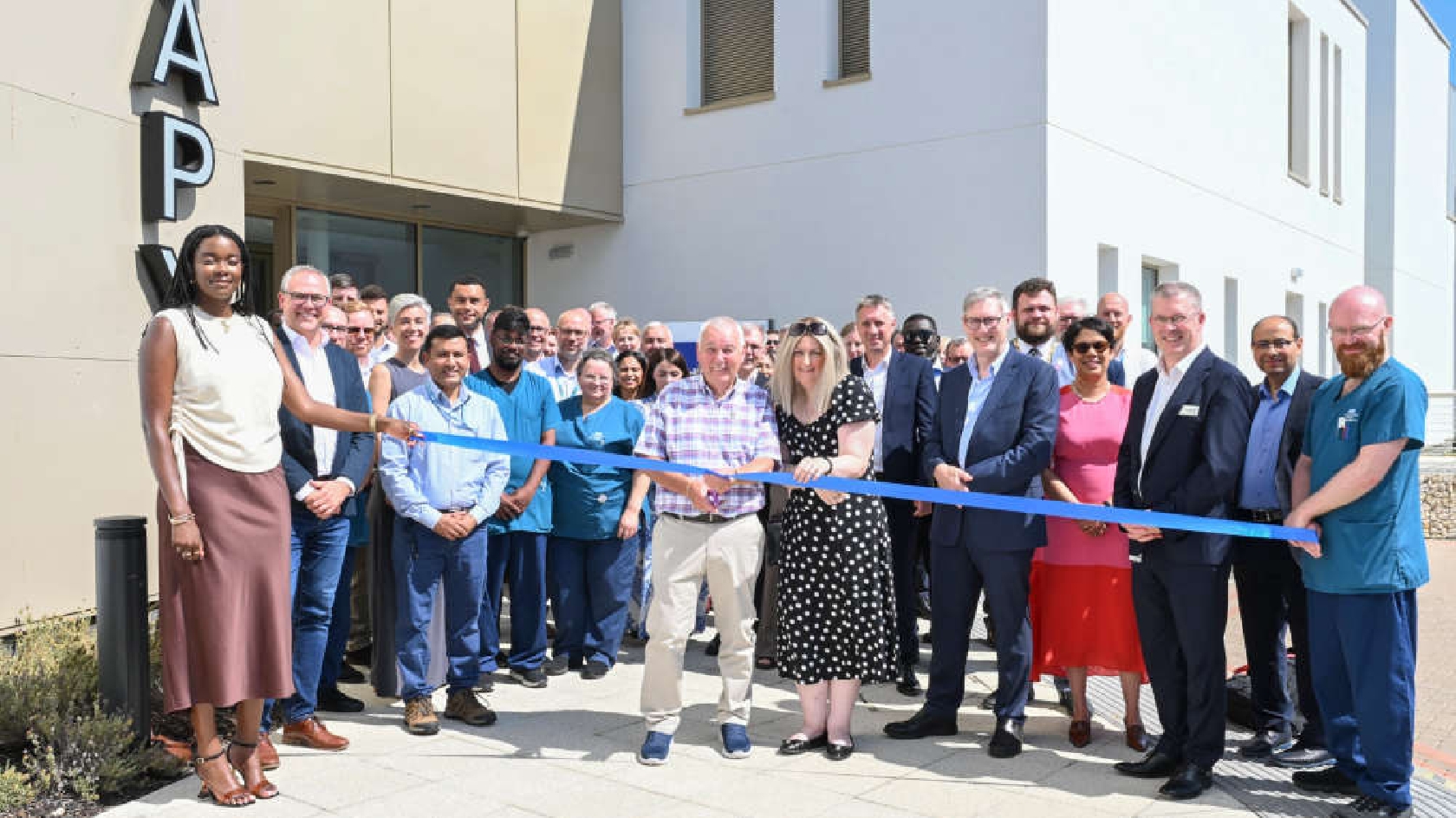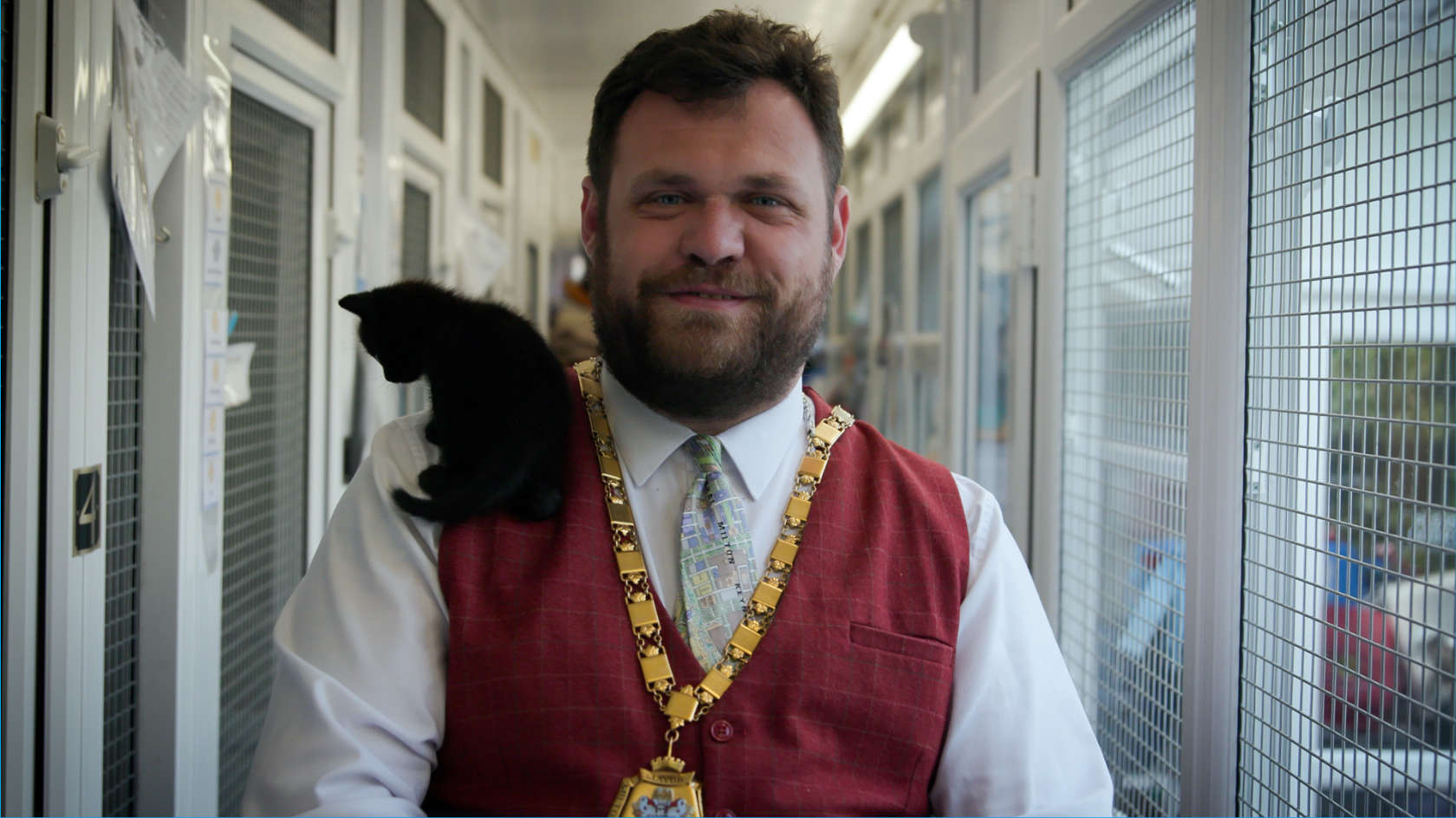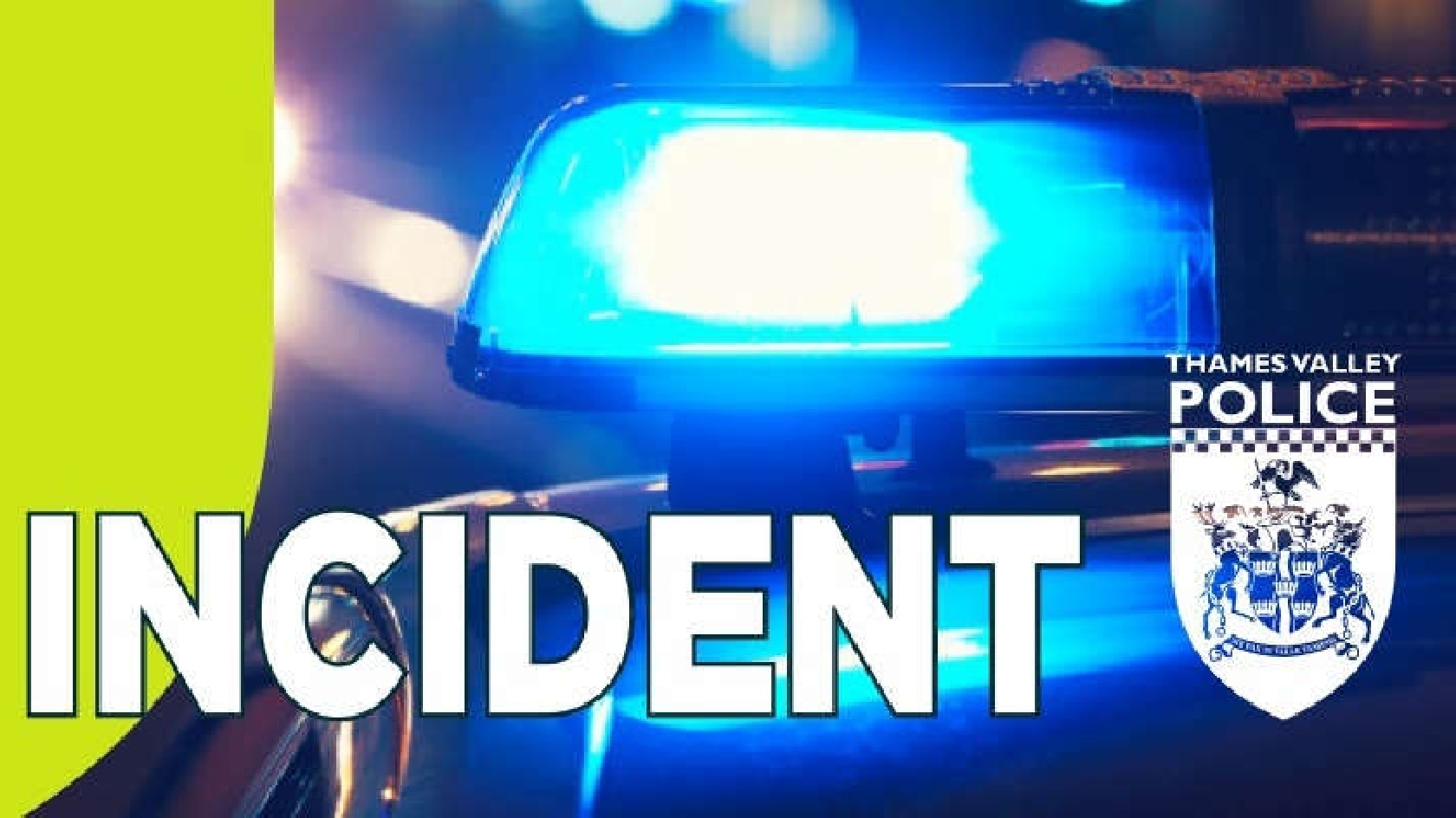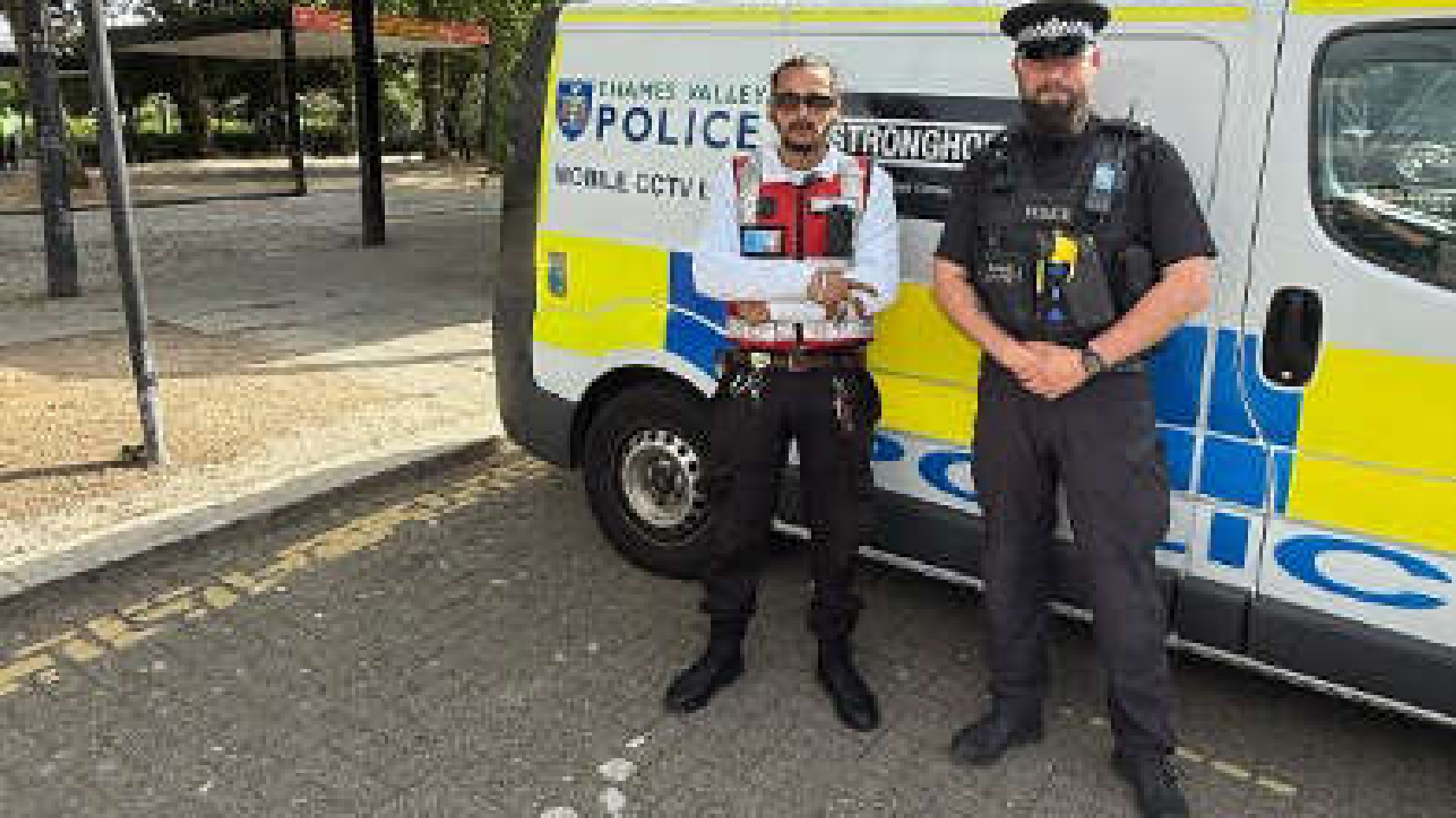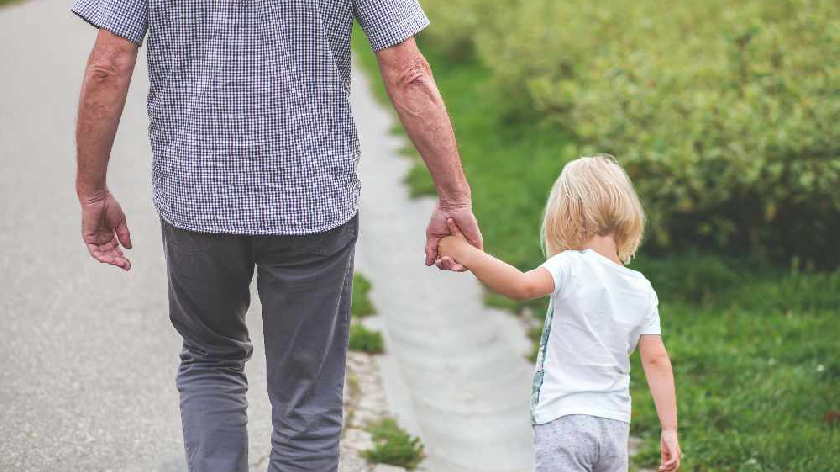
Government figures released this month show that Milton Keynes Council ranks first out of 17 local authorities for its work in this area.
Milton Keynes’ ‘Strengthening Families’ programme is led by Milton Keynes Council’s Children and Family Practice teams in partnership with education, health and police colleagues.
It is a co-ordinated approach to helping families in trouble though early intervention work. This may include financial support for essential supplies or help with getting children back into school or their parents into work. There is also preventative work alongside the Youth Offending Team to identify young people facing challenges.
In the past 5 years, the programme has helped 1,600 families in Milton Keynes. These are families with dependent children or expectant parents. Each family will have been facing issues linked to health or antisocial behaviour and even crime in some cases.
Additional government funding is provided for each family that shows sustained improvement across set criteria such as school attendance or continuous employment. This enables more funding to be channelled back into the programme to identify and support more families.
Councillor Zoe Nolan, Cabinet Member for Children and Families, said: “Our Strengthening Families programme is about helping families who find themselves in trouble. These are families who will have faced multiple and complex problems, including truancy, poor mental health, worklessness and financial exclusion. We know a change in circumstance can impact any family. It’s important that we recognise every situation is different and we must provide this tailored support.
"I’m proud of my colleagues and the dedication they have shown to helping some of our most vulnerable residents. With this renewed funding, we will be able to continue with this important programme – empowering families to make a positive change.”
The latest phase of the Government’s ‘Troubled Families’ programme was launched in 2015. £920 million was allocated to help an additional 400,000 families. Following a Government announcement in January 2020, the second phase is now running to March 2021.



